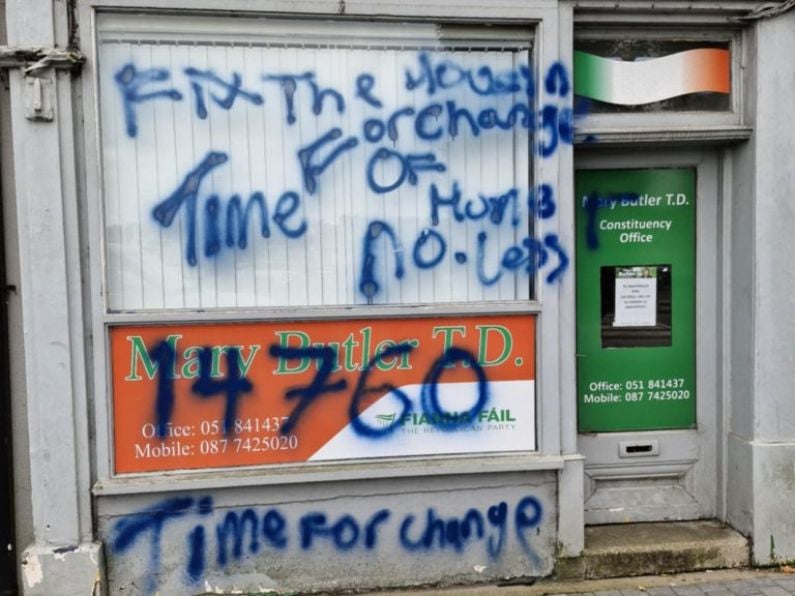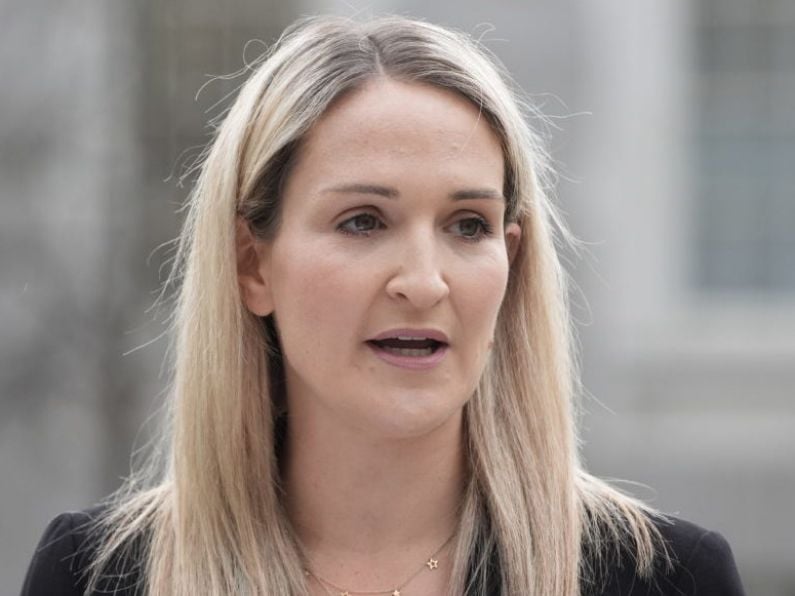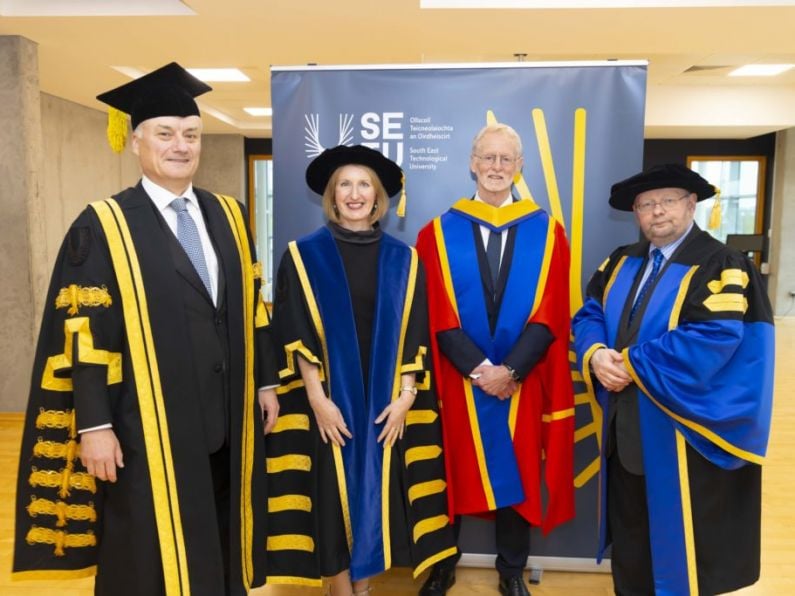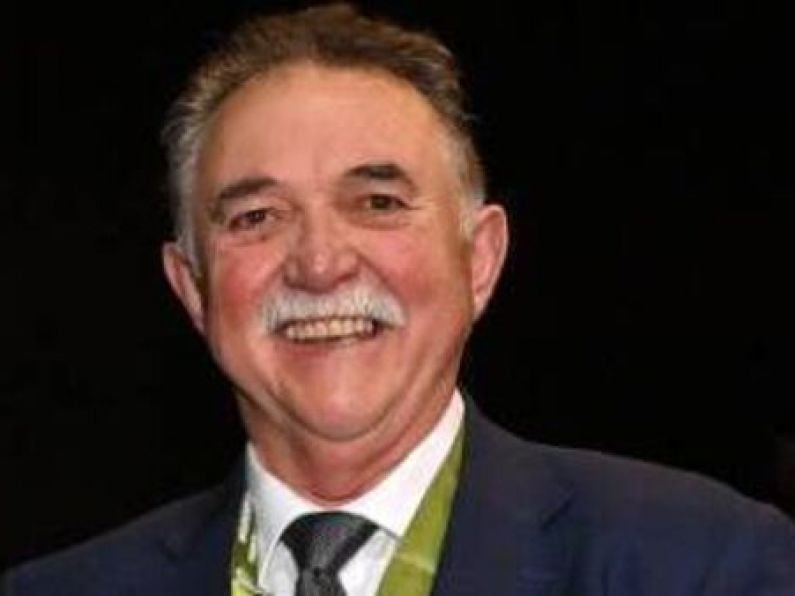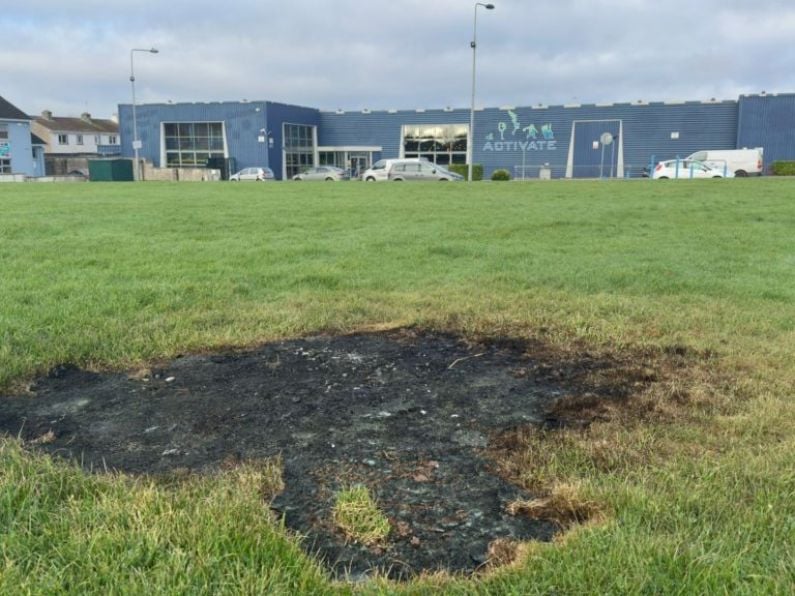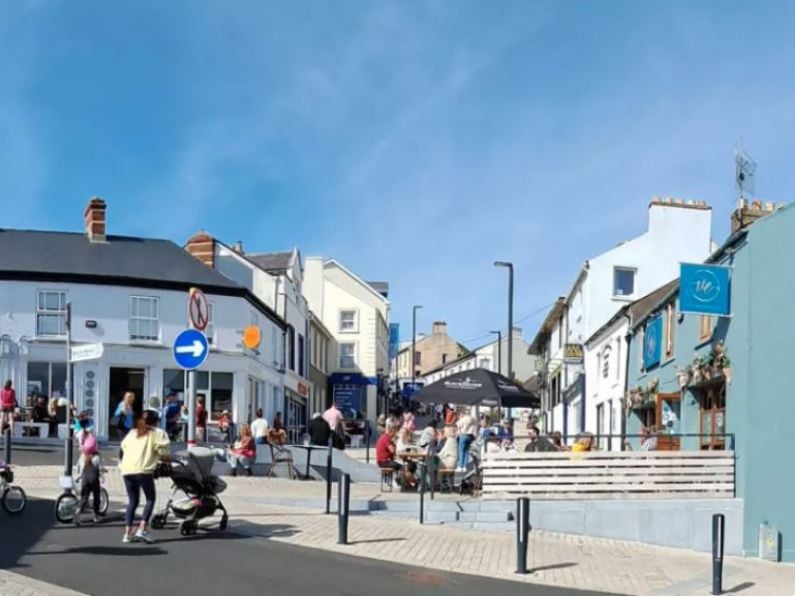Jonathan McCambridge, PA
The chief of Northern Ireland’s Human Rights Commission has said that UK government proposals to ban prosecutions for Troubles offences “raises profound issues about the veracity of the rule of law”.
The UK government this week set out a package of measures to deal with Troubles-related offences in the North, including a statute of limitations on prosecutions and an end to civil actions and inquests.
The proposals have been criticised by all Stormont’s Executive parties, as well as the Government and victims groups.
Chief commissioner Les Allamby said: “These proposals appear to disregard the requirements for an effective investigation under Article 2 of the European Convention on Human Rights.
“The decision to halt existing inquests and other civil actions also raises profound issues about the veracity of the rule of law.
“The Human Rights Commission has long advised that any legislation introduced by the UK government regarding the investigation of violations and abuses of the right to life or freedom from torture, inhuman or degrading treatment that occurred during the conflict must not amount to a de facto amnesty.
“This includes any proposed introduction of a statute of limitations or other undue or insurmountable barriers to the prospect of prosecutions. Article 2 of the European Convention on Human Rights includes a requirement to ensure investigations which are thorough and secure meaningful accountability.”
He continued: “We will scrutinise the proposals in full and will continue to advise the UK government of its obligations to all the victims of the conflict and their families.
“We want to ensure that legislation, and any resulting mechanisms to deal with addressing the past in Northern Ireland are fully compliant with domestic human rights law and international human rights standards.”

Meanwhile, the spokesman for a victims organisation said there was “universal opposition” from within the sector to the UK government proposals.
Kenny Donaldson, from Innocent Victims United, was speaking after he met DUP leader Sir Jeffrey Donaldson, part of a series of engagements the group has had with politicians over legacy.
He said: “Last Friday we met with the secretary of state (Brandon Lewis) for over an hour and made it very clear to him that whatever has happened over the last quarter of a century in subverting the criminal justice system, there still exists the opportunity for justice for many people.
“Is this a negotiating position from the government or is this their bottom line as a fair accompli?
“Time will tell over the coming days but there is obviously universal opposition to these proposals from within the victims and survivors community.
“On the face of it, publicly, there is opposition from the larger five political parties and also the Irish Government appear not to be happy.”





